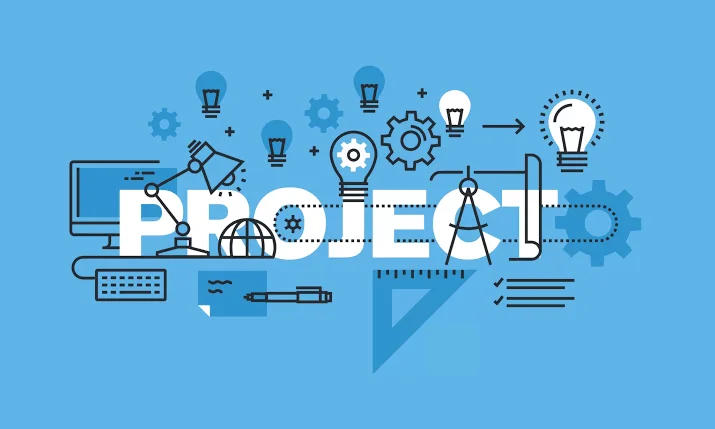Your final year project (FYP) is one of the most important parts of your engineering degree. It’s your chance to apply what you’ve learned, showcase your skills, and set the stage for your career. But succeeding in your project requires more than just technical knowledge — it demands careful planning, discipline, and smart execution. Here’s how you can prepare your engineering final year project for success.
1. Choose a Practical and Interesting Topic
Selecting the right project topic is critical. Choose something you’re genuinely interested in, and make sure it’s achievable within the time and resource limits.
Tip:
Consult your professors and industry experts before finalizing your topic. Practical, real-world problems often make the best projects.
2. Create a Solid Project Plan
A clear plan saves you from last-minute stress. Outline your project goals, tasks, deadlines, and resources from the start.
Tip:
Use tools like Gantt charts or project management apps to track your progress and stay organized.
3. Research Deeply
Good projects are built on strong foundations. Spend enough time reviewing existing studies, designs, and technologies related to your project.
Tip:
Document every important reference you find — it will make your report writing much easier later.
4. Test Early, Test Often
Start prototyping and testing as soon as possible. Early testing helps you identify problems before they become too costly or time-consuming to fix.
Tip:
Don’t wait until your system is “perfect” — even small parts can (and should) be tested separately.
5. Prepare for the Report and Presentation
Your project isn’t complete without a clear report and a confident presentation. Start writing your report early, and rehearse your presentation multiple times.
Tip:
Focus on clear visuals (like graphs and diagrams) to make your presentation easier to understand.
Final Thought:
Success in your engineering final year project comes down to choosing wisely, planning carefully, testing thoroughly, and communicating clearly. Treat your project like a real-world engineering job — with focus, dedication, and professionalism — and you’ll be ready to impress!


